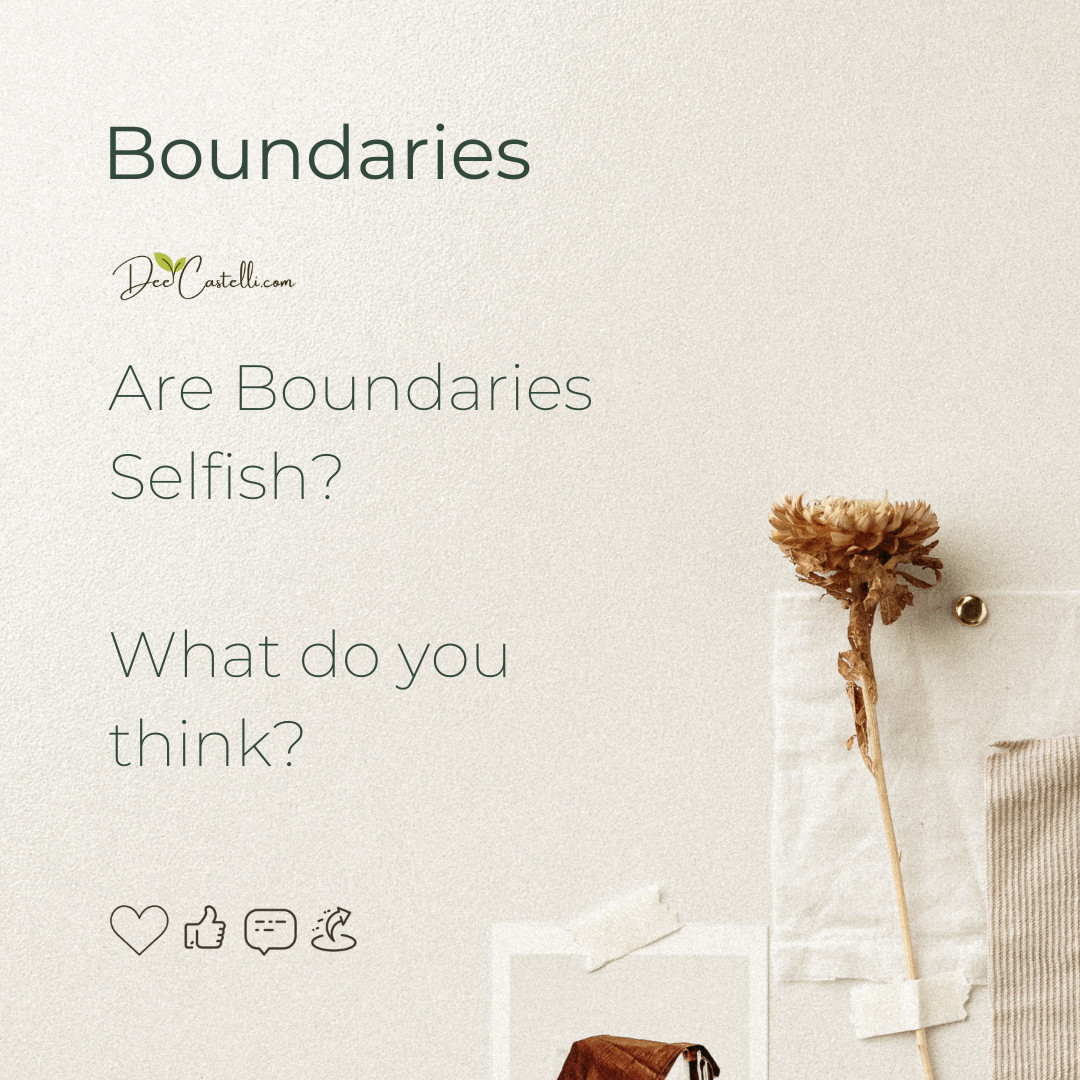
Have you ever been made to feel guilty for setting boundaries in the past? Do you feel compelled to always, without question, put others' needs before your own? Are you worried about how others might react if you start setting boundaries? Are boundaries selfish?
Selfish is defined as "lacking consideration for others," and setting clear boundaries helps us be more considerate of others.
Boundaries help us focus on what's most important. They help us manage our time and give to others from the heart. Boundaries allow us to set priorities with care and compassion. Why do I say that?
Boundaries Promote Giving Freely
When we are fully supplied and supported within ourselves and know our priorities, we know what time to give to others and how much time and energy we have available. We can give freely because we know exactly what we have to offer.
It's like a budget - when we know our income, we see what we have available to spend. We may decide to buy on credit. Sometimes we may give out of our emotional and mental savings and may even choose a deficit. However, we need to replenish before we offer beyond the tipping point. What's the tipping point?
Just like with finances, we can overdraw to the point where recovering is more challenging. We overextend ourselves far beyond being able to recover and can go bankrupt. Giving over our emotional and time limits can result in physical illness. That happened to me several times in my life. My body reached the tipping point and crashed.
Commitments Beyond Our Control
Some people, like caregivers, special needs parents, and those who love someone emotionally or mentally ill, have situations beyond their control. Is there a way for these to have healthy boundaries?
Yes. Rigid boundaries prevent us from letting others in to help. Healthy boundaries allow others in as needed. By acknowledging our limits, we can call in help, look for resources, and accept kindness before we reach a tipping point.
Do you know people who are reluctant to ask for help? So you feel that way sometimes?
Rigid boundaries prevent us from asking for help. We're not too proud to reach out. When we have healthy boundaries, we know how to ask for help. We know our limits, so we readily reach out for help. My boundaries masterclass covers that concept in detail as a foundational concept.
Healthy Boundaries Build Healthy Relationships
Healthy boundaries also build better relationships. We don't overcommit and disappoint others because we must cancel plans or always run late. We don't overcommit and run out of energy and patience for our immediate family, loved ones and friends. Good boundaries reduce stress so you can pour out from your heart willingly and freely.
Does that even make sense if you're accused of being selfish for having limits? Doesn't every human have limits?
Boundaries exist whether we acknowledge them or not.
For example, there are only 24 hours in a day, so you have a time boundary, and if we overcommit, there are built-in consequences to overextending our time and what we can do in 24 hours. Our time boundary is finite.
Time, emotional and mental boundaries are three of the six boundary types in my boundaries course and workshop, where I share how to build balanced, healthy and gentle boundaries that are good for others and ourselves.
A simple boundary looks like this: "I'd be happy to help you on Saturday for 3 hours and must leave by 4pm". Does that sound easy and reasonable?
This is one example from my boundaries masterclass and workshop. Please join us live, and if not, consider my Gentle Boundaries mini-course.
Bonus Video from the Archives
Share your thoughts and comments below ▼ I love hearing from you ❤️
Click here to get your Aroma Reset guide - This simple technique clears your limiting beliefs and negative thoughts. Your powerful sense of smell unlocks the part of your subconscious brain responsible for making decisions on autopilot. That instinct or survival brain isn't open to reason and logic. Empower yourself at that level to accomplish every goal you set!
Copyright © 2023 All Rights Reserved by Lemons and Sage, LLC

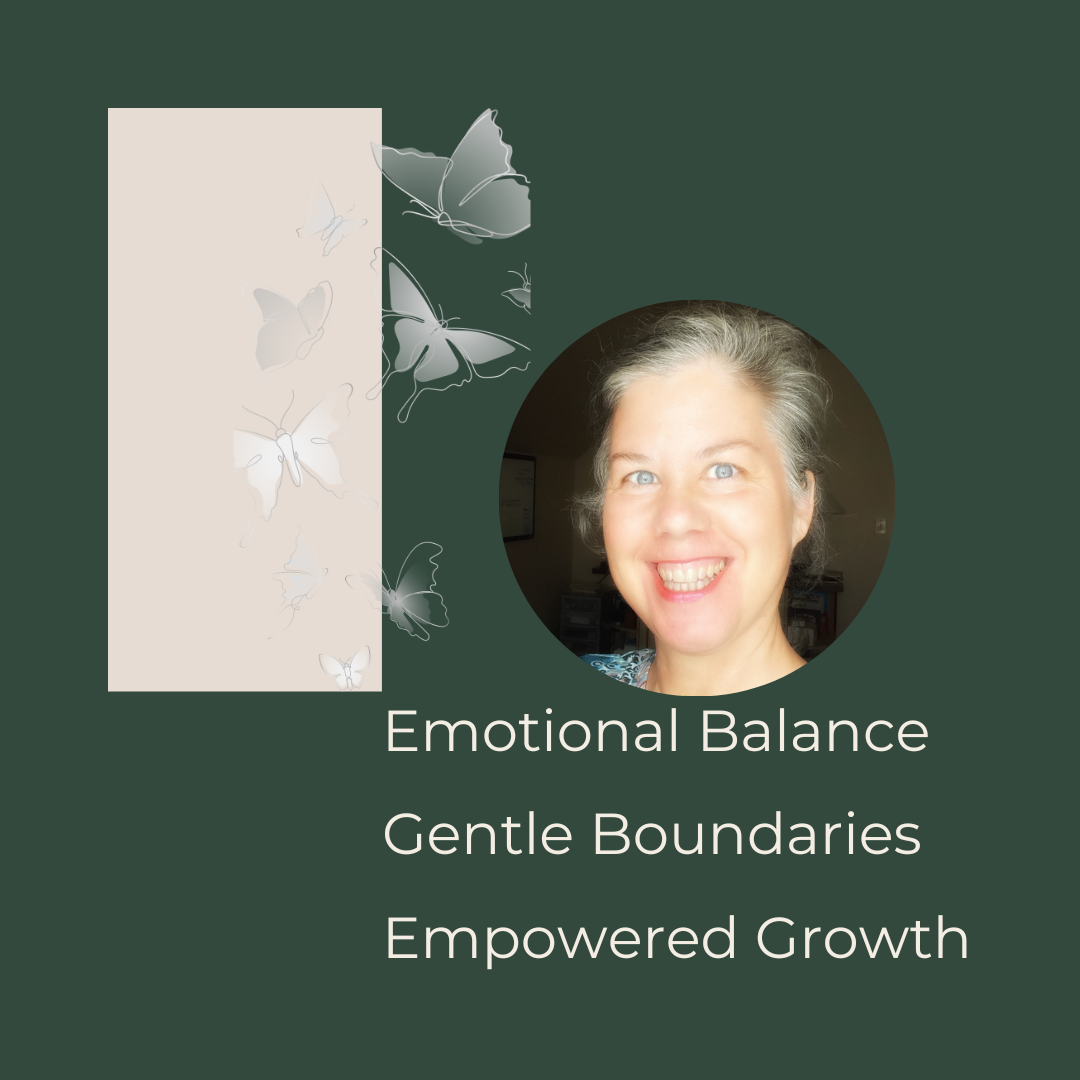 Hello and welcome to my little corner of the web where I share my healing journey with you. That sharing helped many along their own healing journey. As you read I wish the same for you.
Hello and welcome to my little corner of the web where I share my healing journey with you. That sharing helped many along their own healing journey. As you read I wish the same for you.



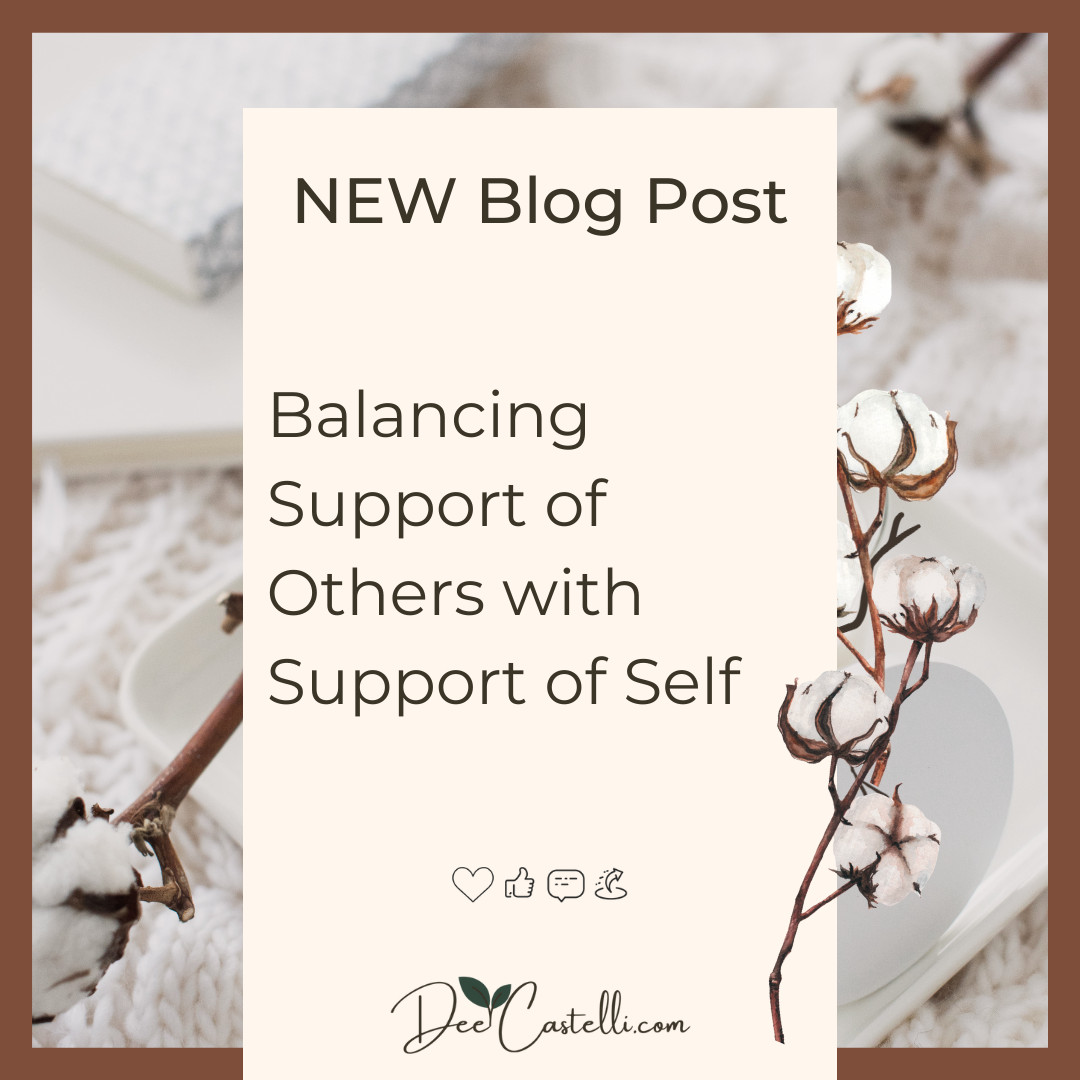





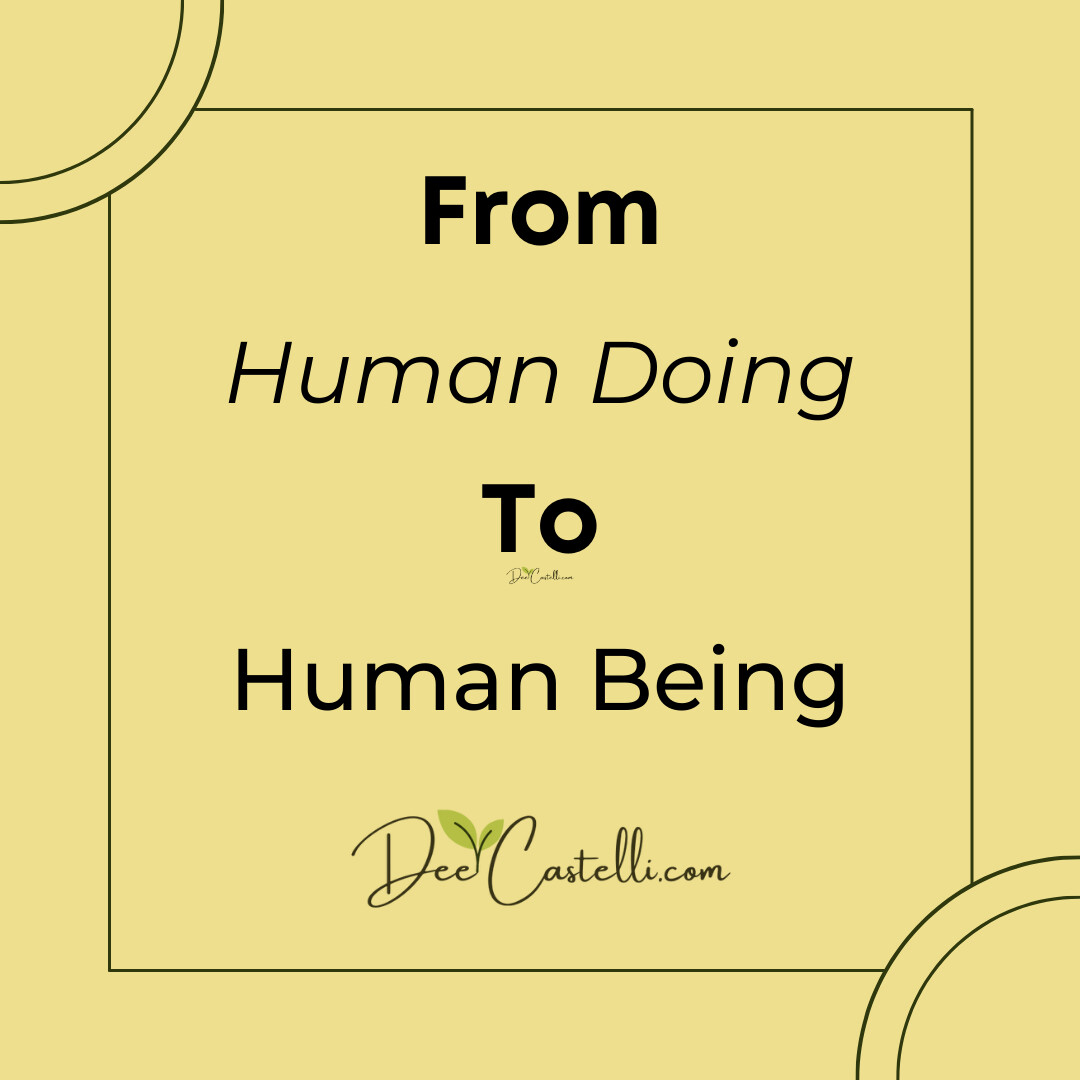




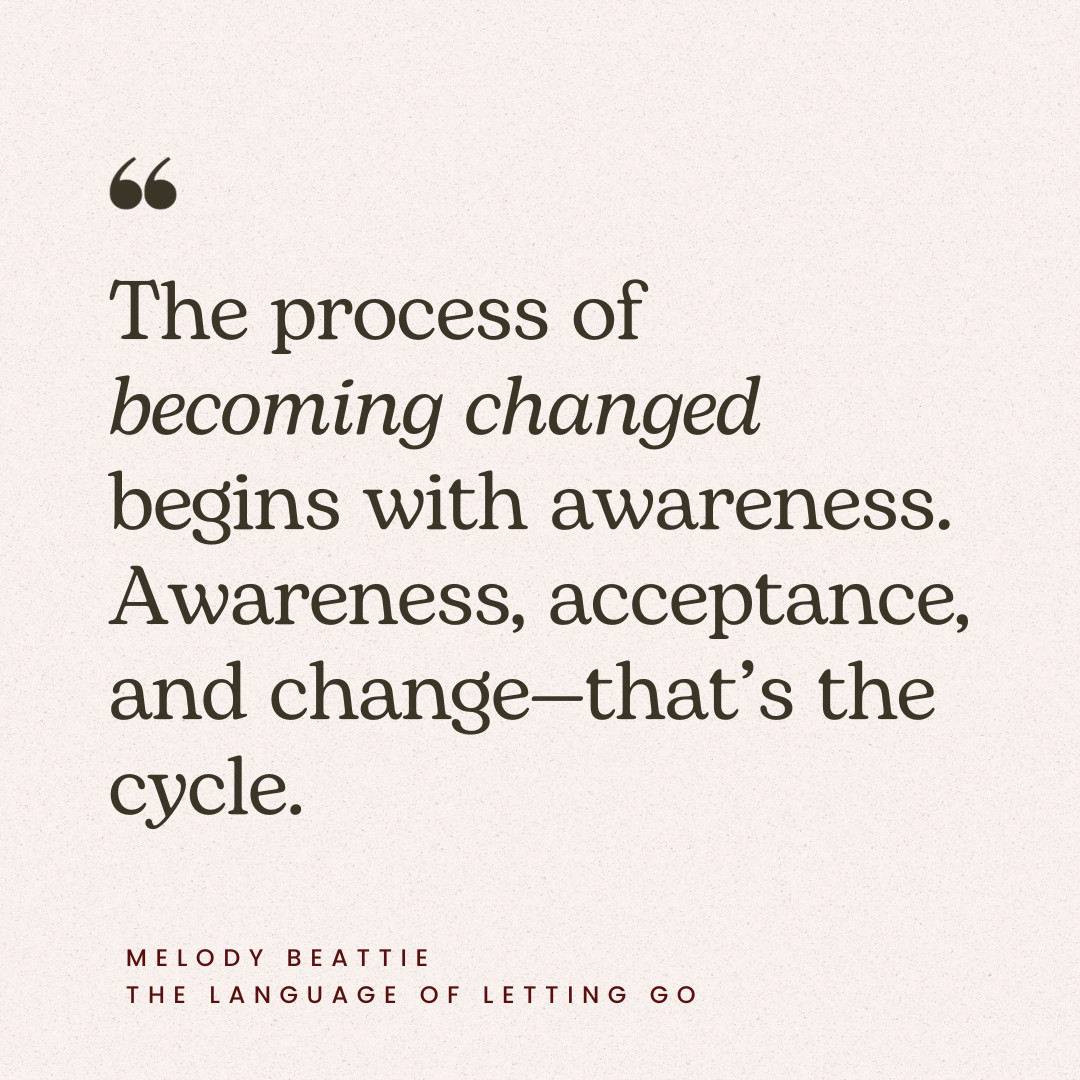


One of the things I say to myself is “know your limitations” or, know how much money is in your account,
Thanks Dee, I love learning from your experience